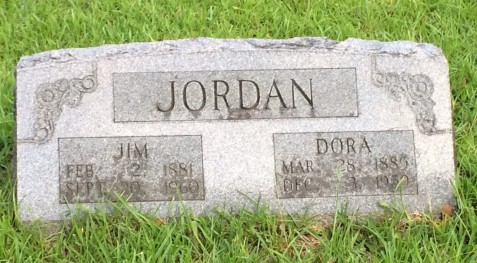


Rumor has it that Voltaire once said, “In the beginning God created man in His own image, and man has been trying to repay the favor ever since.” Now, I would never to look to Voltaire for theological advice, but in this case he at least has his finger on the pulse of how man thinks. I’m not sure that my six hours of Psychology classes at Lamar University qualify me as an expert, but my sixty-five years of life and ministry should count for something.
Our (mankind’s in general) views of God are typically what we want Him to be. We see that “God is love” in the Scriptures, and we like that, but then we read, “For the Lord God, He is most Terrible, He is the great king over all the earth…” and we say, “No, thank you.” We tend to put our God together in our minds like a trip through the cafeteria line at Luby’s, “No salad for me today, but I would like that chicken fried steak with lots of gravy, and no vegetables; I’ll have macaroni and cheese instead. Oh, and a piece of that chocolate cake, too.” Our view of God may make us comfortable, but it is not reality.
The Westminster Confession of Faith says it well in question number three:
“Q. What do the Scriptures principally teach?
A. The Scriptures principally teach what man is to believe concerning God, and what duty God requires of man.”
It is in God’s Word where we see “what we are to believe about God.” It may not make us comfortable, but I have learned that reality is a much better road to travel down. What do the Scriptures teach us about God? The Larger Catechism gives us a pretty good summary from the Scriptures, “God is a Spirit, in and of himself infinite in being, glory, blessedness, and perfection; all-sufficient, eternal, unchangeable, incomprehensible, everywhere present, almighty, knowing all things, most wise, most holy, most just, most merciful and gracious, longsuffering, and abundant in goodness and truth.” Probing the depths of that description should keep us busy until the ushering in of “the new heavens and the new earth.”
Oral Roberts once claimed that he had had a vision of a 900 foot tall Jesus, but one pastor allegedly responded, and I think, correctly, “Not big enough, brother. Not nearly big enough.”
I said all of that, to say this: Just make sure that your idea of God is the same as the God of the Scriptures.






